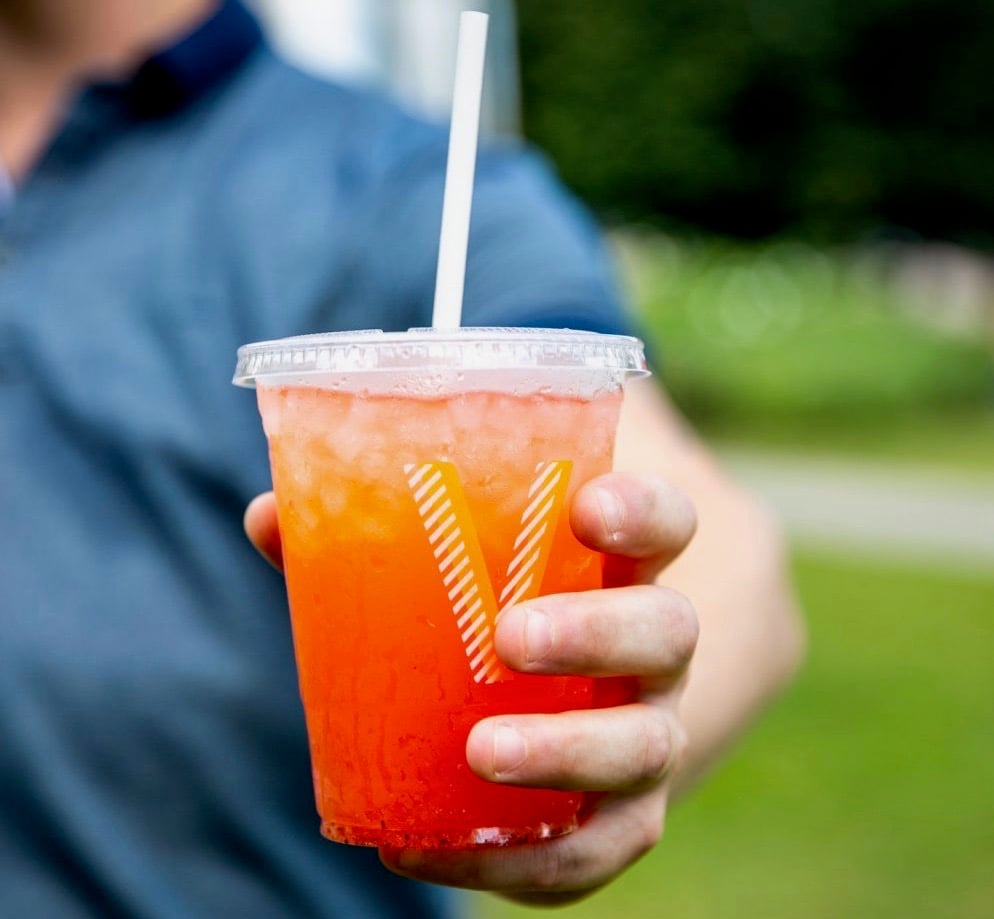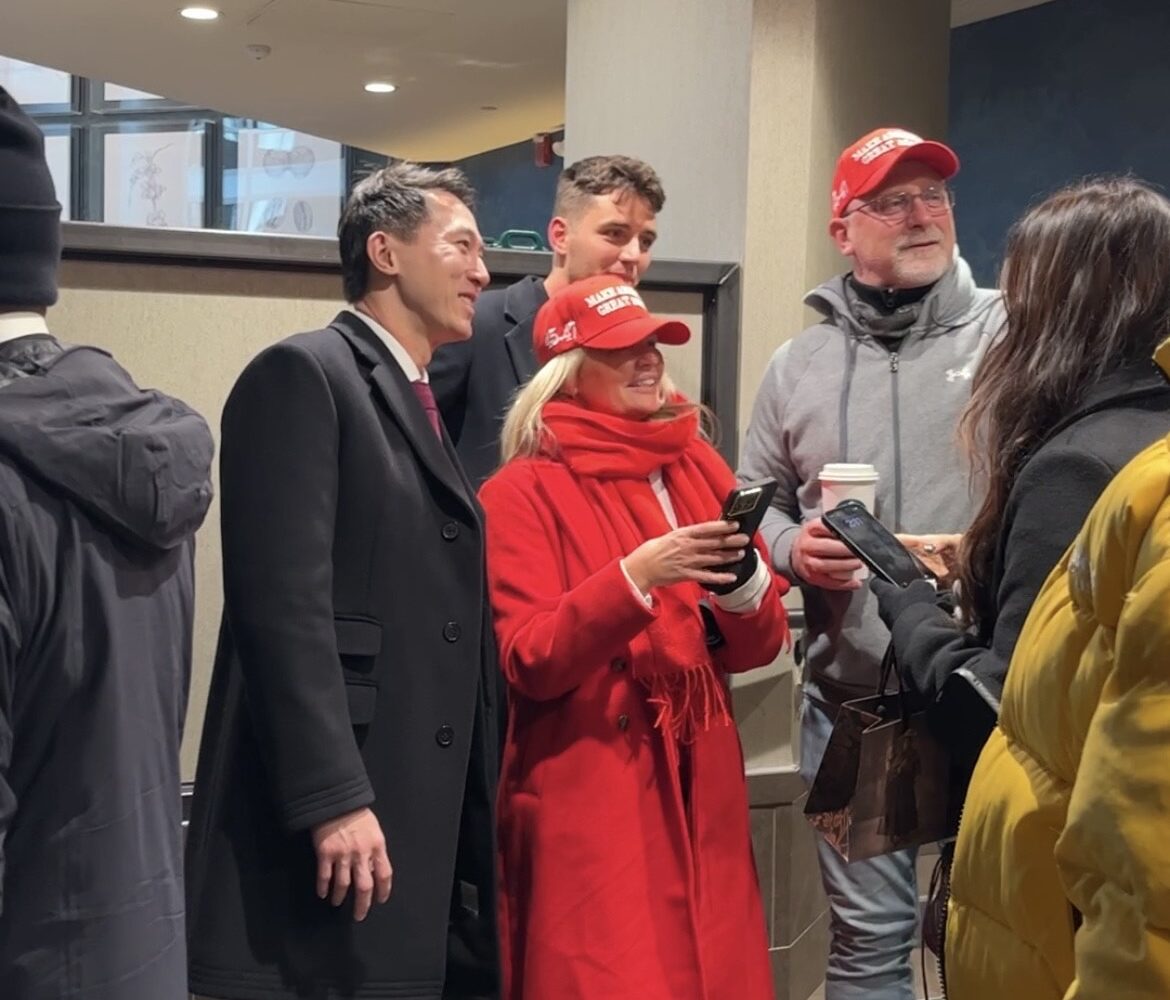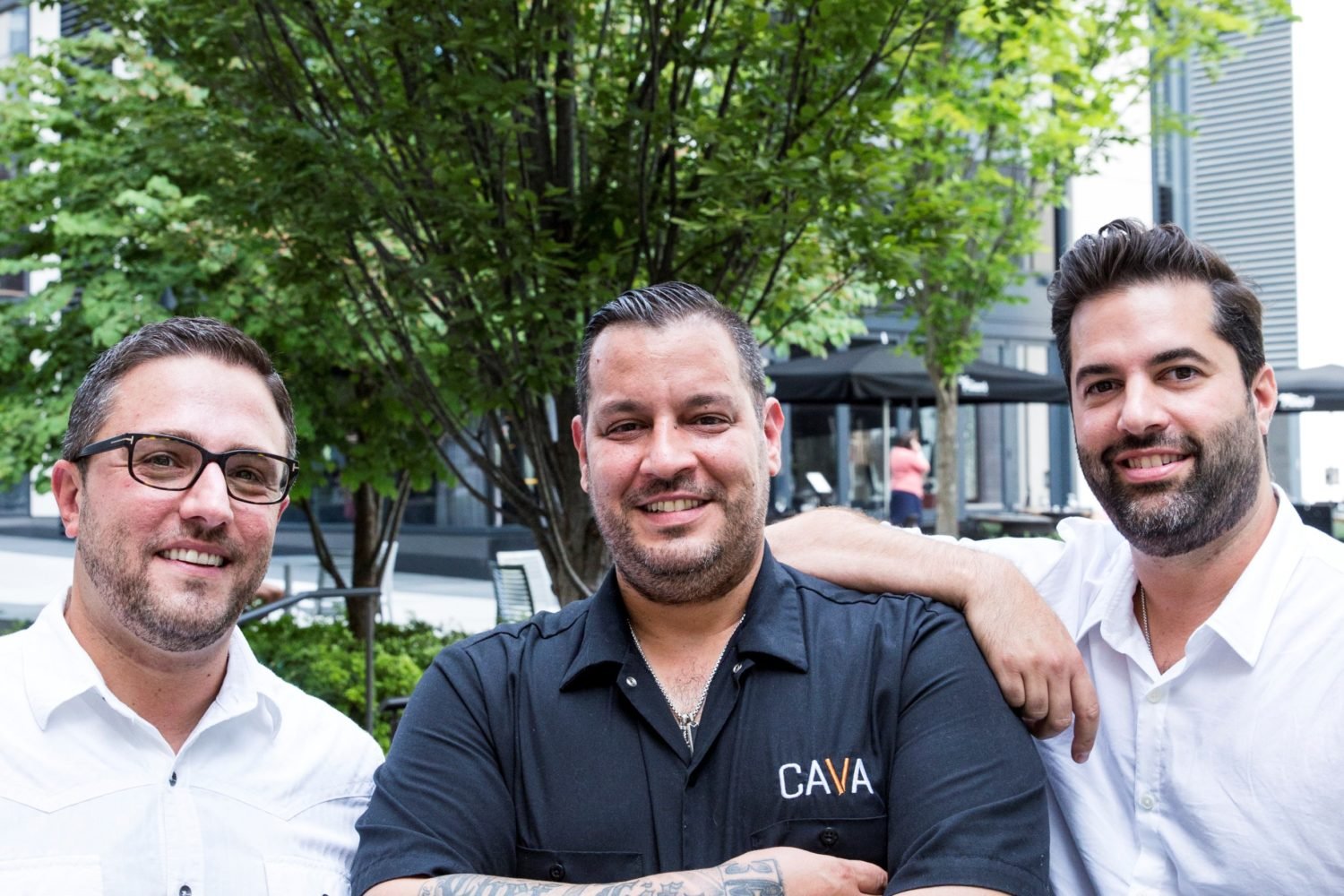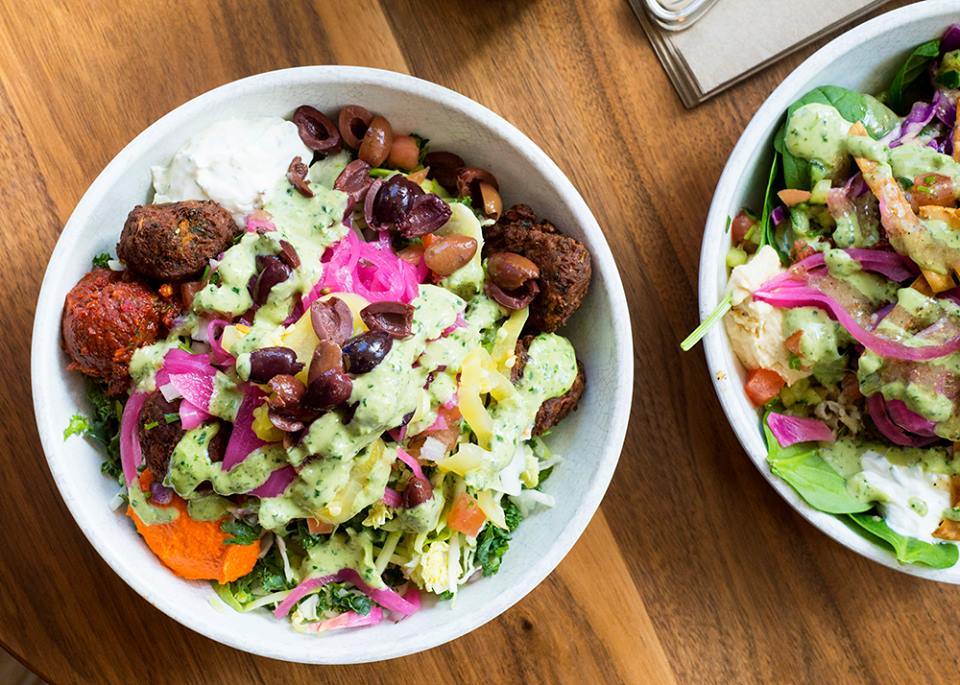Cava will swap plastic straws for paper in all of its locations by November. The DC-based bowl chain is the latest to join Founding Farmers co-owner Dan Simons’s anti-plastic-straw campaign, Our Last Straw, which asks businesses to voluntarily ditch straws and hopefully lead the way for straw-ban legislation.
“We’ve always taken an approach that as we grow, we want to look for ways to be a more sustainable business and mitigate our footprint,” says Cava CEO Brett Schulman. “As we open restaurants in waterside communities or beach communities, like we have on both coasts now, we want to find ways to become more sustainable.”
The “durable” paper straws Cava will use will be made from traditional tree pulp. Initially, the chain planned to use soybean-based paper straws, but concern from guests with soy allergies prompted the switch, Schulman says.
The announcement comes as the DC council talks of banning straws and Starbucks locations across the country are replacing straws with sippable lids. Worldwide, straws are also on the outs: the European Union is trying to address the issue with a proposed ban on plastic straws, cutlery, drink stirrers, and other plastic products.
Switching plastic straws out for paper isn’t going to end climate change on its own. Producing more paper, metal, silicone or wood to meet current plastic demands also uses resources and creates pollution. Plus, many people with disabilities need straws and argue that removing them is a dangerous move with little eco-friendly impact.
But is it a bad thing? Not entirely—biodegradable materials like wood or Cava’s paper straws don’t persist in waterways, choking, sickening and injuring local marine life the way plastic does. Plus, plastic is made from petroleum, but trees are a renewable resource.
Still, straws are only a small offshoot of a bigger problem. Experts agree: food waste is an environmental disaster in the US, contributing to landfills and greenhouse gas emissions across the country. On that front, Schulman says Cava’s production centers use sensors to track refrigeration and avoid spoilage, and the chain is especially conscious about keeping inventory aligned with sales.
“It’s baby steps. You can’t flip a dramatic switch overnight. The more you can make incremental changes and have some more easy wins, the more you can start tackling some bigger challenges and bigger issues,” Schulman says.
















